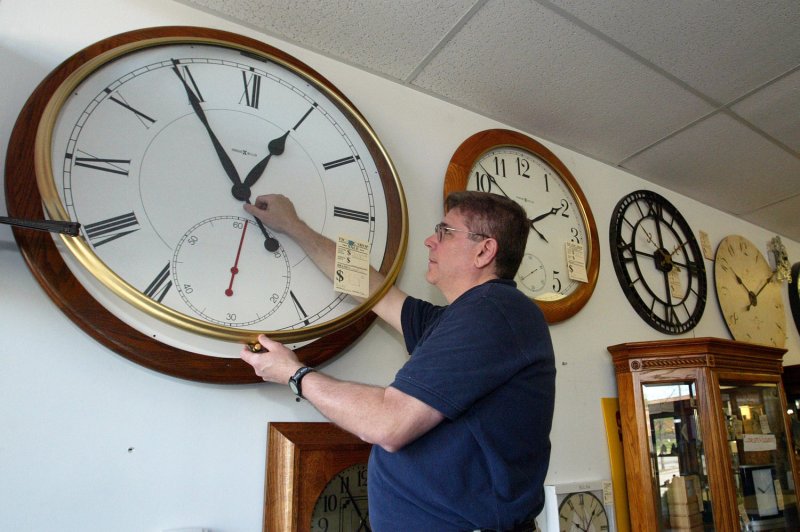MOSCOW, Jan. 19 (UPI) -- Russian President Dmitry Medvedev's decision to end daylight saving time, creating darker mornings, can negatively affect mood and health, some experts say.
Medvedev's decision a year ago to switch to "permanent summer time" came after studies showed the semiannual switch to daylight saving time caused what state-run RIA Novosti called "an unnecessary strain on public health."















